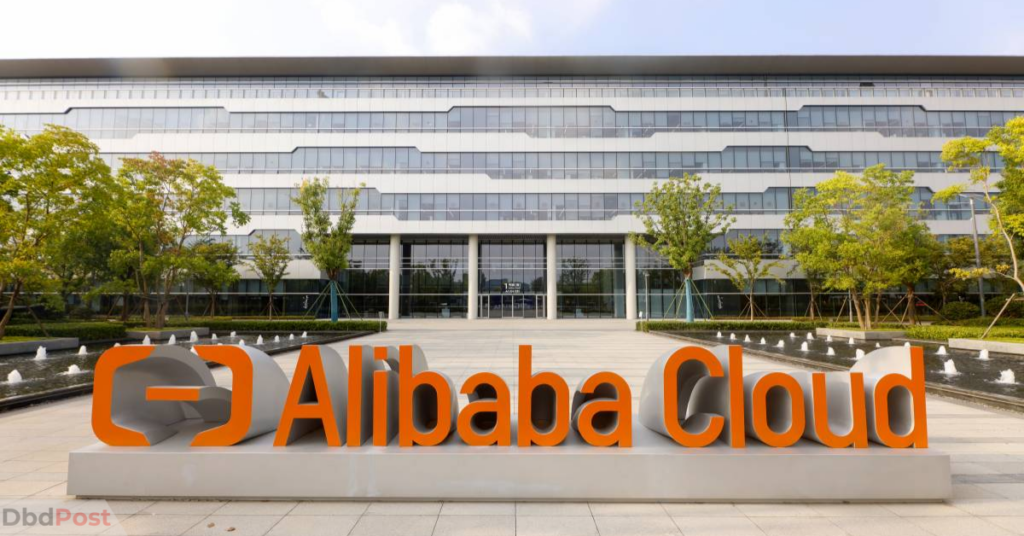Alibaba Cloud has unveiled a series of groundbreaking advancements. These updates focus on artificial intelligence (AI), infrastructure, and developer support.
The announcements aim to empower developers worldwide to create cost-effective and transformative AI applications.
One major highlight is the expansion of Alibaba Cloud’s Qwen large language models. The latest Qwen2.5 series includes models ranging from 7 to 72 billion parameters.
These models are now globally accessible via APIs on the Model Studio platform.
Developers can also explore advanced multimodal models. These include the Qwen-VL series for vision understanding and Wanx2.1 (Tongyi Wanxiang) for visual generation.
Additionally, Qwen-Audio supports audio language processing, broadening the scope of AI applications.
The AI coding assistant Tongyi Lingma further exemplifies Alibaba Cloud’s innovations. Powered by the Qwen2.5-coder model, it offers features like code completion and optimization. It also assists with debugging and batch unit test generation, streamlining the coding process.
Model Studio now includes several new tools. Workflow helps break down complex tasks into manageable subtasks, improving efficiency. The agent enables multi-agent collaboration for seamless task planning and execution.
Other tools include RAG (Retrieval-Augmented Generation), which enhances model accuracy using external sources. Batch Reasoning generates responses for multiple prompts simultaneously. AutoEval (Automated Model Evaluation) ensures precision when assessing models.
These additions enhance Model Studio’s usability for developers. Deployment and observability services also support seamless model integration. Together, these tools provide a comprehensive platform for AI innovation.
Alibaba Cloud has also upgraded its cloud infrastructure to complement its AI advancements. The 9th Generation Enterprise Elastic Compute Service (ECS) instance debuts globally in April. It features a 20% increase in computing efficiency over its predecessor.
With elastic Remote Direct Memory Access (DMA), the ECS instances achieve up to a 50% performance boost. This improvement benefits high-performance computing, search recommendations, and database management.
Developers gain faster and more efficient tools to tackle demanding workloads.
The Alibaba Cloud Container Compute Service (ACS) also launches worldwide in January 2025. ACS simplifies workload deployment using container technology. It reduces operational costs and complexity, enabling developers to focus on innovation.
Alibaba Cloud introduced the GenAI Empowerment Program to encourage creativity. This initiative supports developers and startups building generative AI applications using Qwen models.
Participants receive free cloud credits, training workshops, and product co-marketing opportunities.
The program also offers access to tech shows and demo days. Developers can connect with a more extensive innovation network. It fosters collaboration and accelerates generative AI projects.
Alibaba Cloud has also published the “Generative AI Solution Whitepaper.” This resource offers insights into industry trends and use cases, and developers can learn how to use Alibaba Cloud’s generative AI tools effectively.
Global developers are already benefiting from these advancements. Axcxept, a Japanese AI company, developed EZO, an open-source lightweight model using Qwen2.5. EZO excels in tasks like coding, information extraction, and reasoning in Japanese.
The model’s low latency and high accuracy make it ideal for healthcare and public institutions. Axcxept’s collaboration with Alibaba Cloud demonstrates the power of tailored AI solutions. This partnership highlights the practical applications of the Qwen models.
Similarly, OxValue.AI, a venture from the University of Oxford, uses Qwen-based multimodal AI models. These models power AI-driven company valuation services. By analyzing text and audio data, OxValue achieves precise, cost-effective valuations.
Generative AI is rapidly redefining industries. Alibaba Cloud’s tools and programs empower developers to lead this transformation. The company sets a strong foundation for the future by combining innovative technology with robust infrastructure.
With its expanded offerings, Alibaba Cloud fosters creativity and collaboration. Developers gain access to advanced tools and a supportive ecosystem. These efforts shape the next wave of AI innovation, driving progress worldwide.
- 107shares
- Facebook Messenger
About the author
Christopher Brooks is a computer and information researcher with a passion for advancing digital technologies. He holds a Master's Degree in Computer Science from MIT and has been applying his knowledge to further the fields of cyber security, consumer electronics, artificial intelligence, data science, and more. In his free time, Christopher enjoys biking and hiking.





